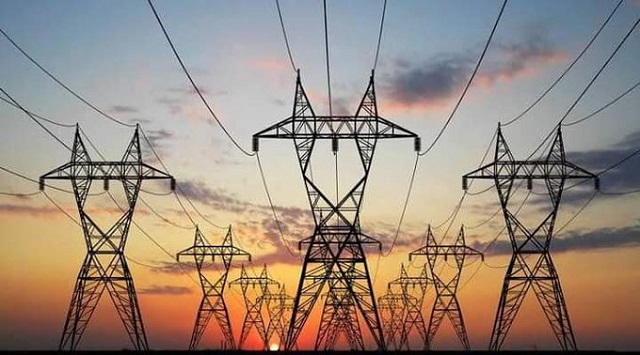
JOHANNESBURG | Xinhua | South African President Cyril Ramaphosa signed the Electricity Regulation Amendment Act into law on Friday, clearing the way for significant reforms in the country’s energy sector.
The new legislation was aimed at addressing the country’s long-standing power outage challenges by far-reaching reforms, including establishing a competitive electricity market.
“The bill assented to by the President amends the Electricity Regulation Act of 2006 to respond to current realities in the electricity sector and open up pathways to greater competition and reduced energy costs; increase investment in new generation capacity to achieve energy security; establish an independent transmission company as the custodian of the national grid; and impose severe penalties for damage to and sabotage of infrastructure,” said the presidency in a statement.
The bill was passed through a majority in the National Assembly in March. According to the presidency, its signing came as South Africa has shown improvement in stabilizing its energy supply over the past four months, with a reduction in rolling blackouts.
The presidency explained that the Electricity Regulation Amendment Act seeks to address the country’s current energy issues by introducing competition and private sector participation.
As it does so, the bill would lead to the creation of an independent transmission company, empowered to impose stringent penalties for infrastructure damage and sabotage.

“The Electricity Regulation Amendment Act provides for the establishment, duties, powers, and functions of the Transmission System Operator SOC Ltd (TSO) — which must be established as an independent entity within five years — and for the National Transmission Company of South Africa to act as the TSO in the interim. It also provides for an open market platform that allows for competitive, wholesale or retail buying and selling of electricity,” the presidency said in the statement.
This move was expected to reduce the monopoly held by state power utility Eskom, which has been primarily responsible for providing electricity to citizens and major industries. “In addition, it requires the development of a Market Code that will establish rules to govern the future competitive market, and outlines the process through which the code will be approved,” noted the statement.
The signing of the bill would also lead to the diversification of the country’s energy system which currently relies mainly on coal power stations and stabilize the future of the sector. “It is anticipated that diversity of supply and the promotion of renewables will stimulate a demand for new skills, innovation, and technology in the electricity sector, which will generate new industrial activity and in turn mitigate unemployment,” said the statement.
With the theft of the electricity infrastructure being rampant especially copper, the bill would strengthen the security of the infrastructure. “Penalties for persons who unlawfully receive such cables, equipment or infrastructure face fines of up to 5 million rands or 10 years in prison, or both,” according to the statement.
“Going forward, the Act will lead to long-term energy security, a more competitive energy system, more rapid uptake of renewable energy sources, and ultimately lower energy prices for all South Africans,” it added. ■
 The Independent Uganda: You get the Truth we Pay the Price
The Independent Uganda: You get the Truth we Pay the Price



